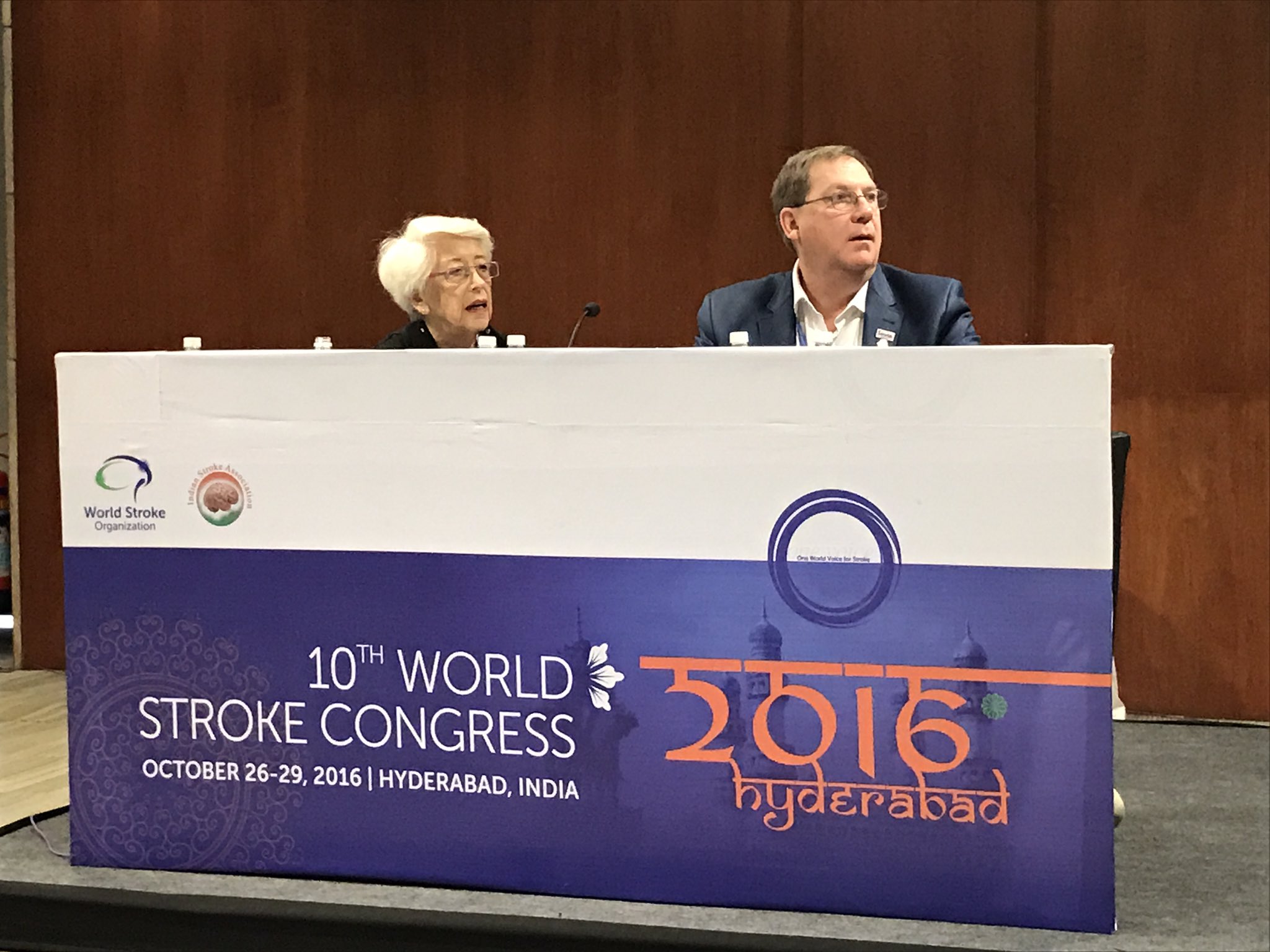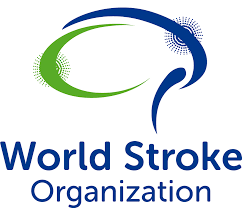
Nov 5, 2016
“An egg a day can cut chances of suffering a fatal stroke,” The Times reports. A new review of existing data covering around 300,000 people suggests eating up to one egg a day may lower stroke risk; but not the risk of heart disease.
The health effects of eggs have been debated for years. Eggs, which contain cholesterol, were thought to increase risk of heart disease by raising cholesterol levels.
But more recent studies show that cholesterol in food has little impact on the levels of cholesterol in your blood – most cholesterol in the blood is made by the liver. (more…)

Nov 2, 2016
Please read below a touching story “The terrorist inside my husband’s brain” from Susan Schneider Williams, BFA, wife of late actor Robin Williams who took his own life as a result of a heavy struggle with a brain disease called Lewy body disease (LBD).
This story was first published on www.neurology.org and Neurology September 27, 2016 vol. 87 no. 13 1308-1311 (more…)

Nov 1, 2016
President and vice president of SAFE co-chairing self management in stroke session at WSO Congress in Hyderabad, India.
Three examples of studies and digital programs were presented at an early morning lecture session on “Stroke support organisations and Self Management”. (more…)

Oct 31, 2016
The pilot Stroke Advocacy Training Program was held in Hyderabad, India on Tuesday 25th October 2016, organised by WSO.
There are many things that individuals can do to reduce their stroke risk and maximize their recovery from stroke. Public Awareness campaigns are important in helping people with this, as well as raising awareness about the impact of stroke and the importance of a good health care system for stroke.
Good government policy also plays an important role. Governments at a national, regional or city level make decisions about healthcare resources and regulations that can make a tremendous difference in stroke prevention, assessment treatment and rehabilitation. (more…)

Oct 31, 2016
A robotic arm and a virtual game were essential tools in a new study from researchers at Johns Hopkins Medicine. The study results suggest that while training doesn’t change neurological repair in chronic stroke patients, it can indeed help such patients learn new motor skills and achieve more independence in their daily lives.
A report on the work is published in the journal Neurorehabilitation and Neural Repair on Oct. 27. (more…)

Oct 30, 2016
Henry Barnett, MD, highly regarded neurologist, acclaimed stroke prevention researcher, and cofounder of the Robarts Research Institute in London, Ontario, Canada, died last week at the age of 94, a release from the Institute notes.
“He was a pioneer, a founder, and the father of the scientific and therapeutic phase of our field,” fellow cofounder Vladimir Hachinski, MD, Department of Clinical Neurological Sciences at the University of Western Ontario, told Medscape Medical News. (more…)










